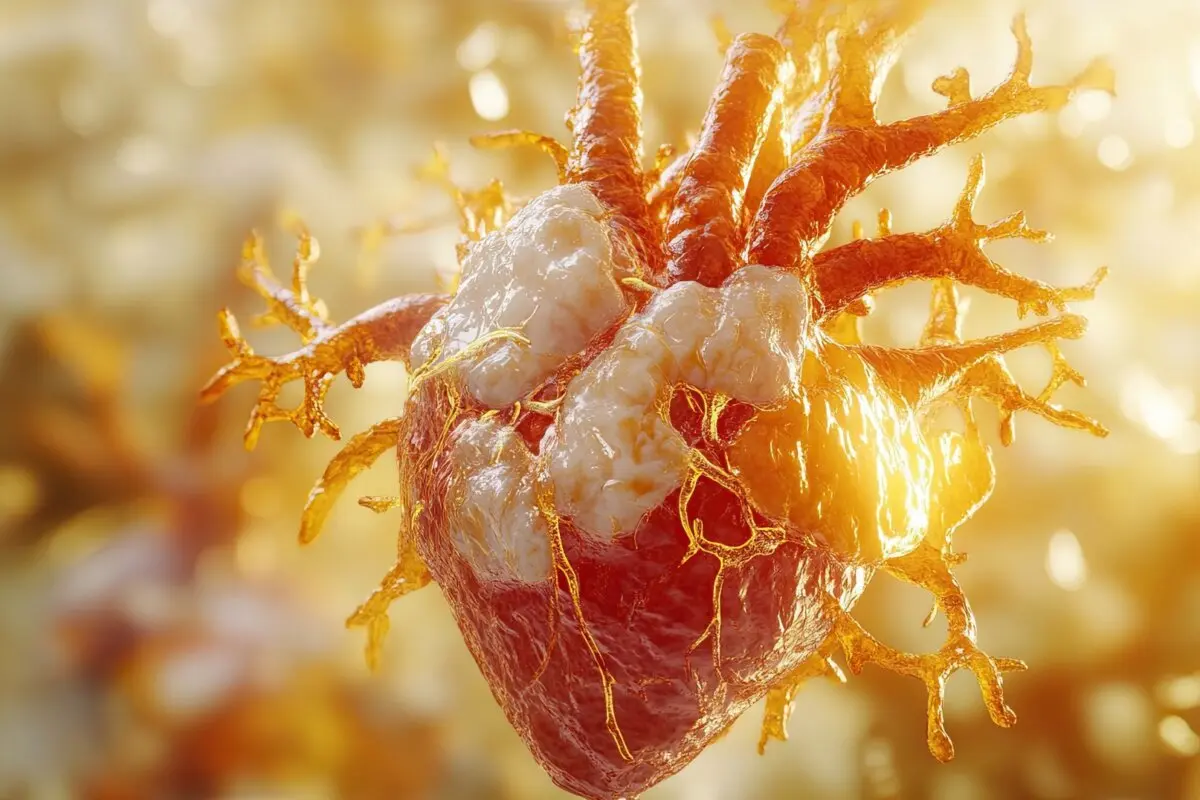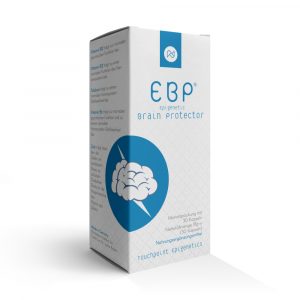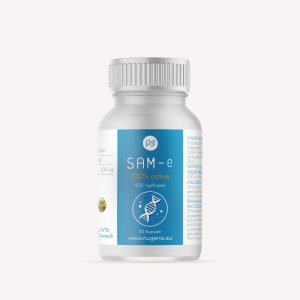
The Heart’s Epigenetic Story: How Life Rewrites Our Genes
The Heart’s Epigenetic Story
Guiding Question
How does the heart remember love, stress, and lifestyle through its epigenome?
The Red Thread
The heart is not only a pump—it is a memory organ. Nutrition, stress, toxins, and emotions engrave marks on cardiac genes, shaping rhythm, resilience, and risk. Epigenetics explains why one heart thrives and another fails, even with the same genetic script.
- The heart listens to life’s music.
- Epigenetics records its rhythm.
Case Vignette — “Two Heartbeats”
Thomas, 55, and Michael, 55, are cousins. Both carry similar genetic risk for coronary disease. Thomas lives with chronic stress, little exercise, and high-fat diet. Michael practices endurance sports, eats Mediterranean, and manages stress.
Under the hood:
- Thomas: inflammatory gene hypomethylation, endothelial dysfunction.
- Michael: protective acetylation of antioxidant and repair genes.
- Same risk alleles → diverging epigenetic pathways.
Lesson: The heart writes a diary of habits.
Info-Box — Epigenetics of the Heart
- DNA methylation: regulates cardiac development and hypertrophy.
- Histone acetylation: modulates contractility and energy use.
- Non-coding RNAs: fine-tune arrhythmia and stress responses.
- Oxidative stress: ROS alters methylation balance, accelerates failure.
- Epigenetic memory: heart cells “remember” ischemic stress, shaping recovery.
The Heart Under Stress
- Chronic cortisol exposure → methylation drift in vascular genes.
- High-fat, low-fiber diet → inflammation of endothelial lining.
- Air pollution → oxidative DNA damage, persistent methylation scars.
- Lack of exercise → silencing of mitochondrial resilience pathways.
Info-Box — Protective Epigenetic Inputs for the Heart
- Exercise: opens chromatin in antioxidant genes (PGC-1α).
- Nutrition: polyphenols, omega-3s, and fibers → anti-inflammatory marks.
- Sleep: restores circadian heart gene expression.
- Love and bonding: oxytocin pathways buffer stress epigenetics.
- Meditation/breathwork: lower NF-κB activation in cardiac tissue.
Practical Levers — Caring for the Epigenetic Heart
- Daily movement: endurance + strength.
- Plant-rich, Mediterranean-style nutrition.
- Stress mastery: mindfulness, breathing, social bonds.
- Restorative sleep.
- Avoid smoking, pollution exposure, excess alcohol.
- Regular medical monitoring of cardiovascular risk.
Takeaways
- The heart’s health is epigenetically tuned by lifestyle and emotion.
- Risk is not fixed—protective marks can be cultivated.
- The heart is a memory organ—every heartbeat carries traces of life.
- To love the heart is to rewrite its epigenetic story.
Eduard Rappold
Note: This information is provided for educational purposes only and does not replace professional medical advice. Always consult qualified healthcare professionals for medical concerns.
Copyright © Eduard Rappold 2025
http://nugenis.eu/shop
NUGENIS specializes in epigenetically active nutritional supplements.


